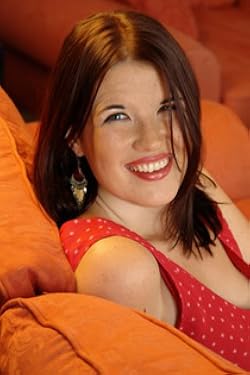Our Next One: A Book By an Author You've Never Read Before. So, without further ado.
This would be a number 6 book by an author you've never read before in 2015 books.
Hiroshima by John Hersey (J):
(read August 2015)
I heard about this on the radio the week before last, it being the 70th anniversary of the dropping of the atomic bomb on Hiroshima, and found myself in a book shop with a book token a couple of days later. What might have put me off buying it or reading it was the likelihood of its being just too horrific. John Hersey manages this perfectly, I think. For anyone who either knows a lot or nothing about what it might be like to have a nuclear bomb dropped on you, this is excellent. He is just so matter-of-fact. We start with the normal people going about their normal business earlier in the morning, we have the detail of what happened when the bomb went off (none of them had the remotest idea what had happened) and for the immediate few days afterwards. This is indeed horrific, how could it be otherwise? Somehow, because it's real people that John Hersey interviewed 12 months later, and then followed up thirty years later, the horror is contained.
Should be compulsory reading for everyone, probably at school level!
(read September 2015)
I don't usually go for romance novels, as they all seem a bit too... girly for me? Well, that's certainly bad terminology when reviewing this book.
What We Left Behind is the story of Gretchen and Toni/y, girlfriends, moving into college and discovering their identities to do with sexuality and gender. That's it in a nut-shell. It was really refreshing to see a young adult novel about transgender or gender queer people, rather than just gay people. Not that I'm opposed to LGB books - not at all! Just that this was something a bit more original.
It really made me think a lot more about the nuances of things - before this I had never thought about the use of pronouns particularly, or the difference between gender queer, gender nonconforming, non binary etc. Toni/y is struggling with all of these things throughout the novel. I liked the way that each chapter alternated the perspective (Toni-Gretchen-Toni-Gretchen), but, unfortunately, Toni was a much more dominant character. Until the end, Gretchen is fairly passive and a sort of vessel for Toni's continued rumination on her problem of labelling. She came into her own a bit by the end, but it was still much more Toni's than Gretchen's story.
Basically, I liked the premise, the story, and sort-of liked the characters, but I felt the writing let it down. It was fantastic and fascinating, though, to have some small insight into this world.
I received an ARC from NetGalley in return for an honest review, but all thoughts and opinions are my own.
'Vixen' by Rosie Garland(A):
(read ay 2015)
Joe's choice of book from Mr B's because of its cover which is exquisite - a beautifully red brown curled vixen in a nest of flowers and stars. The story is of peasant drudgery - middle ages? - with their respects to the plague, magic, religion, prejudice, humanity, and a lesbian story at its hard. Not really that great - nice writing at times, but not a good story.



















